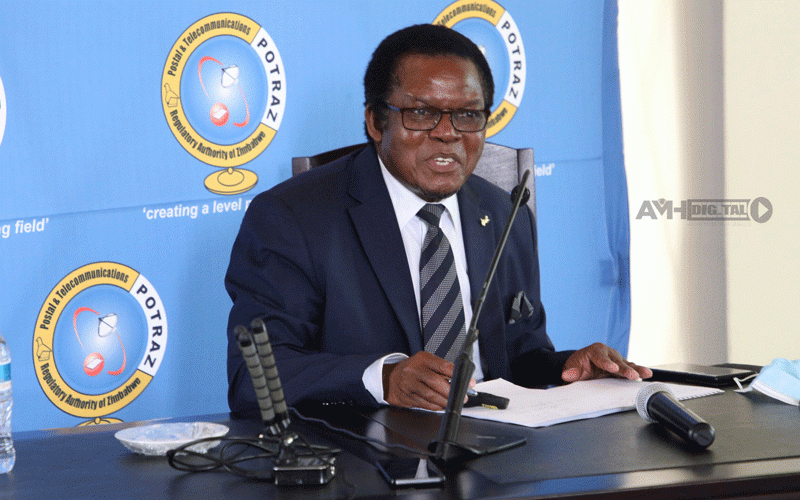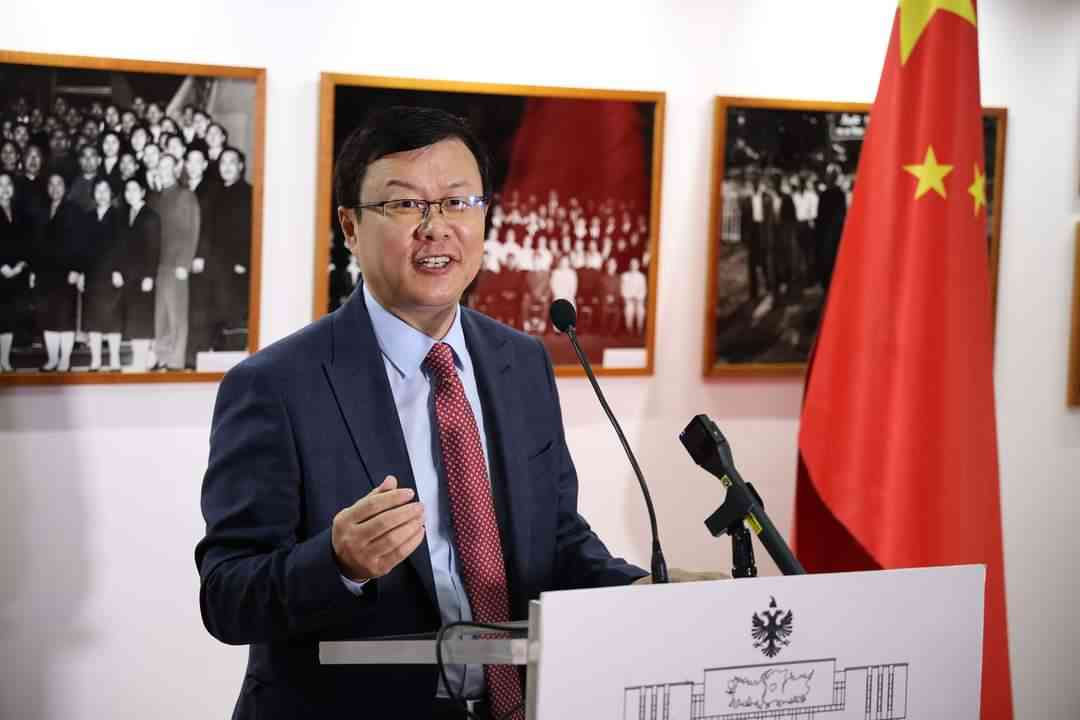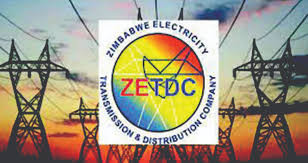
The Postal and Regulatory Authority of Zimbabwe (Potraz) is planning to index tariffs to the United States dollar to hedge against losses from exchange rate fluctuations resulting from an unstable local currency.
The move comes amid concerns raised by the Telecommunications Operators Association of Zimbabwe (TOAZ) regarding the industry's financial struggles and its inability to keep pace with rising data demand.
"Current tariffs threaten the sustainability of the sector," Potraz director-general, Gift Machengete said last week Thursday during a telecommunications stakeholder conference held in the capital.
"As the regulator we now find ourselves at a critical juncture where we must address the pressing issue of low and unsustainable tariffs, which are, however, perceived to be high.
“We are faced with the imperative need to consider tariff adjustments to protect the sustainability of our sector from collapse.
“A collapsed ICT sector will spell doom for the general public and for national aspirations.”
Machengete recently attracted criticism over his remarks in Parliament that the cost of data in Zimbabwe is one of the cheapest in the region.
Machengete was accused of lying as critics argued that Zimbabwe has the most expensive data and the worst network coverage in the region.
- Potraz mulls US$ indexed tariffs
Keep Reading
There are growing calls for the government to allow Starlink to operate in the country.
Machengete said US dollar indexed tariffs will address a confluence of issues plaguing the industry, including consumer concerns over expensive tariffs.
A similar model is used by power utility, Zesa Holdings, where the tariffs are pegged in US dollars but payable at the prevailing interbank rate on the date of the purchase.
TOAZ representatives Roy Chimanikire and Never Ncube said the industry was battling rising costs and lack of access to foreign currency.
"During the foreign currency auction era, telecoms companies had no access to foreign currency," Chimanikire said.
“Inability to access necessary spares on time results in prolonged service outages,” he said.
They also highlighted the negative impact of the constraints on the digital divide, particularly in rural areas.
They called for tax breaks and incentives to boost investment as well as the need for policies that encourage renewable energy solutions for powering telecom towers, particularly in remote areas.










